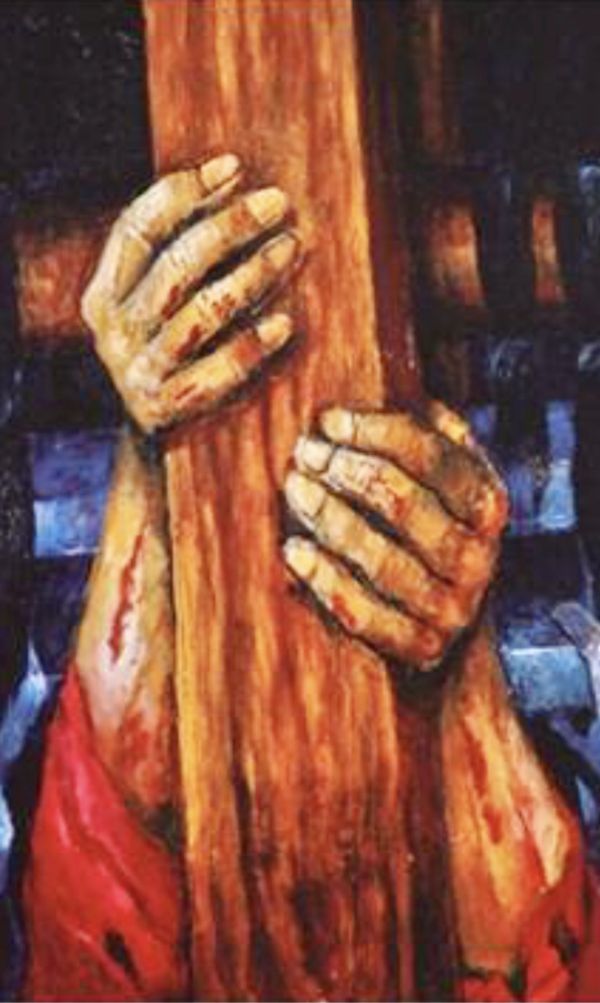Reputation and obedience: crossroads of the Truth of Faith
(Mt 10:34-42)
We ask ourselves: what prevents growth? What conversely makes us intimate with the Father?
To bear the Cross is to become "obedient" to one's personal Mission. Christ wants new and free people; not celebrities.
The apostle's identification is with the life of Jesus of Nazareth, the public rebel against official authorities, friend of publicans and sinners (Mt 11:19) condemned for lack of conformity.
Only by pushing down and meeting the same rejection, do we encounter God (v.40) in Freedom from all forms of conditioning.
The faithful is not recognized by heroic deeds (vv.41-42), or prestige - but in social choice.
It is an instinctive predilection for the lower class; the one that does not resist the Newness of God.
The missionary is not characterised by extraordinary qualities: he stands out in smallness (v.42).
Those who only appreciate great things do not build the new Kingdom, because underneath they cultivate the old ideology of power, that condemns only by proclamations.
A comparison of the parallel Greek-language texts of Mt 10:38 and Lk 14:27 (Jn 12:26) gives insight into the meaning of «taking up» or «lifting up the cross» for a disciple who relives Christ and communicates Him in human history.
The friend of Jesus stakes his honour. His source of life achieves total self-giving even in terms of public consideration.
After the court sentence, the condemned man was forced to carry the horizontal arm of the gallows on his shoulders.
It was the most harrowing moment, because of utmost loneliness and perceived failure.
The unfortunate and already shamed man had to thus proceed to the place of crucifixion, passing between two wings of the crowd who, out of religious duty, mocked and battered the wretch - deemed cursed by God.
Therefore, to his intimates Jesus does not point to the Cross in the corny sense of a necessary endurance of life's inevitable contrarieties, which then through forced exercise would chisel out souls more capable of coping [today we say: resilient].
Compared to the usual proposals of healthy outer and inner discipline, which are the same for everyone and only useful to keep things as usual, the Master is instead suggesting a much more radical behaviour.
The Lord points to an asceticism totally different from that of the many ancient beliefs, even inverted: the paradoxical opportunity of contemptuous rejection in public opinion.
The Father does not give any 'cross', nor are we obliged to accept it out of obedience or force majeure: the disciple «takes it up» (v.38) in a non-passive manner, regardless of the credit he expects!
In short, the follower of Christ renounces reputation and any outward showcase of consensus.
It is an essential, propulsive, diriment cue of the person of Faith. Commitment to renown is totally incompatible; it does not spread life without limits.
He who is tied to his good reputation, to the roles, to the character to play, to the task, to the level he has acquired, will never resemble the Lord.
So even today, the announcement of the authentic Messiah creates divisions.
The «sword» of his Person (v.34) separates each one's affair from the world of values of the clan to which he belongs, or from the idea of respectability.
And it charges every apostle of the Cross with consequent mockery.
Yet the 'night' that is pressing in can make us live more daringly, prepared for action and dialogue.
So: no bond of domestication - not even with God.
[Monday 15th wk. in O.T. July 14, 2025]












